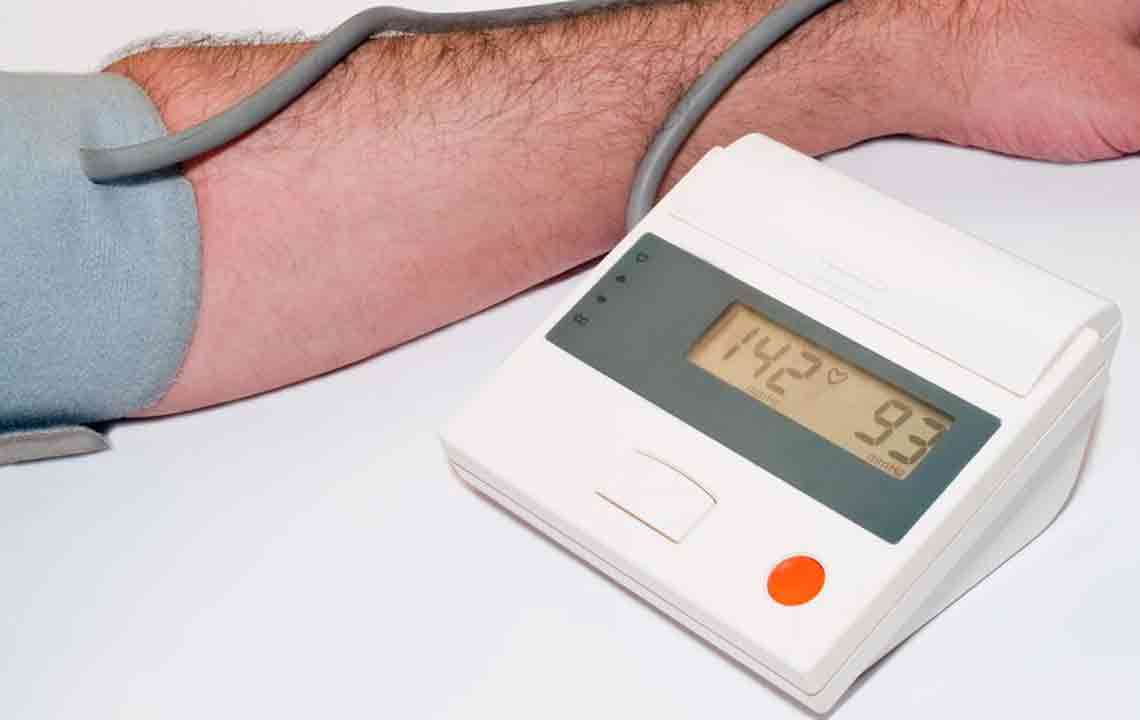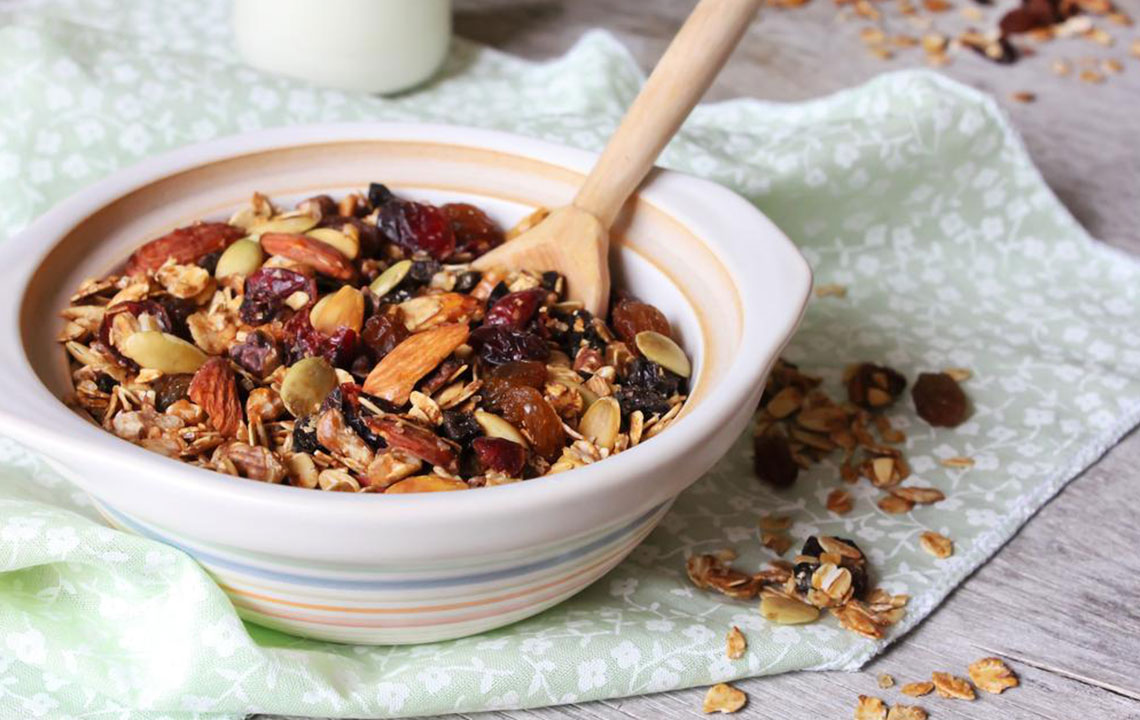How to Maintain Optimal Cholesterol Levels and Support Heart Health
Learn how to keep your cholesterol levels healthy and reduce heart disease risk. This guide covers essential factors affecting cholesterol, practical lifestyle tips, and the importance of regular screenings for optimal cardiovascular health.

How to Maintain Optimal Cholesterol Levels and Support Heart Health
Cholesterol is a waxy substance naturally generated by the body, essential for building cell membranes and producing vitamin D, hormones, and bile acids. Keeping cholesterol within healthy limits is crucial since high levels can lead to heart disease and strokes. The liver usually produces enough cholesterol, but intake of foods rich in saturated fats, trans fats, and processed foods can elevate blood cholesterol. Monitoring these levels helps protect cardiovascular well-being.
Total cholesterol depends on LDL (bad cholesterol), HDL (good cholesterol), and triglycerides. Increased LDL and triglycerides can lead to plaque buildup in arteries, increasing the risk of blockages and heart conditions. HDL assists in transporting excess cholesterol to the liver for removal, playing a protective role. Balancing these components is vital for maintaining heart health.
Elevated LDL and triglycerides coupled with low HDL levels raise the likelihood of cardiovascular problems. Adults over 20 should have cholesterol testing every four to six years, with more frequent evaluations for those with risk factors or family history. The target total cholesterol is under 200 mg/dL according to health authorities. Children and teens should have screenings at ages 9-12 and 17-21, especially if they have increased risk due to genetics or health issues.
Numerous factors influence cholesterol, including diet, weight, physical activity, age, gender, genetics, and health conditions like diabetes. Consuming foods high in saturated fats, trans fats, and cholesterol tends to raise levels. Overweight individuals often have higher LDL and triglycerides. Aging and inactivity contribute to poor cholesterol profiles. Men generally face higher risks, but women after menopause are also vulnerable. Hereditary issues such as familial hypercholesterolemia can cause high cholesterol from birth.
Adopting a healthy lifestyle is key to maintaining proper cholesterol levels. Eating a diet rich in soluble and insoluble fiber—found in oats, fruits, vegetables, and legumes—can lower LDL. Incorporating omega-3 fatty acids from nuts and oily fish benefits heart health. Limiting alcohol consumption is recommended. Regular physical activity like walking or swimming improves cholesterol balance over time. When combined with medical treatment, these habits support overall cardiovascular health.
Note:
Our blog offers detailed health information, but it is not a substitute for medical advice. Please consult a healthcare professional for personalized cholesterol management guidance. We accept no liability for inaccuracies or issues arising from this content; always seek tailored medical counsel for your health needs.


